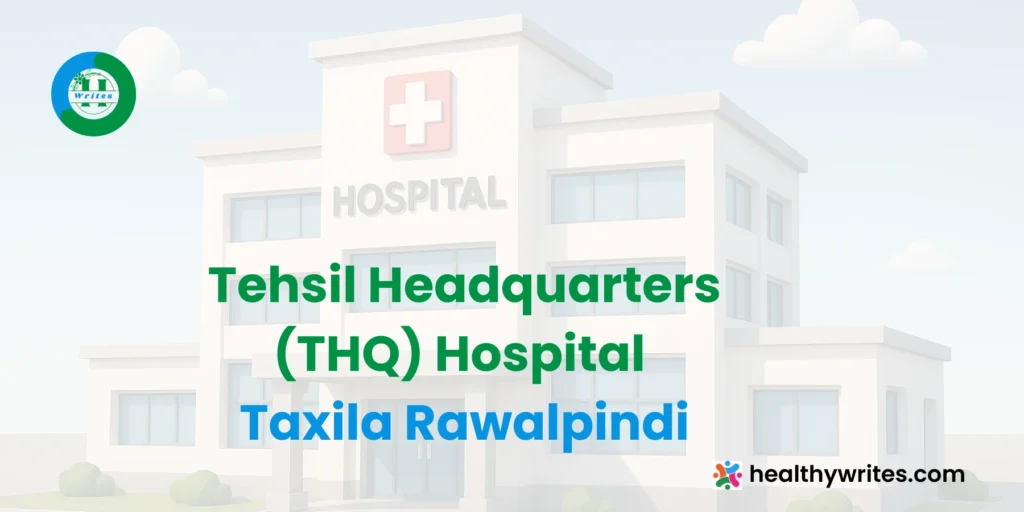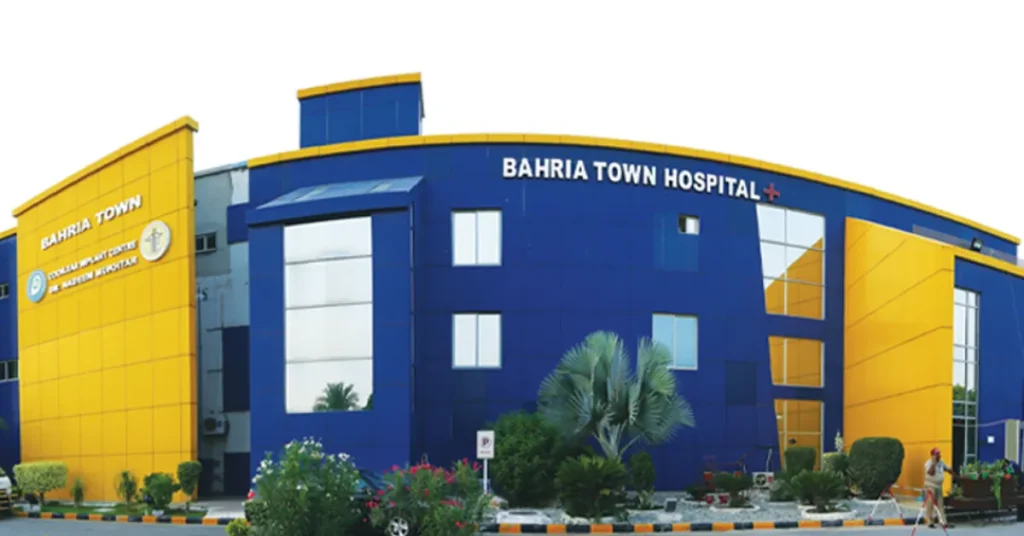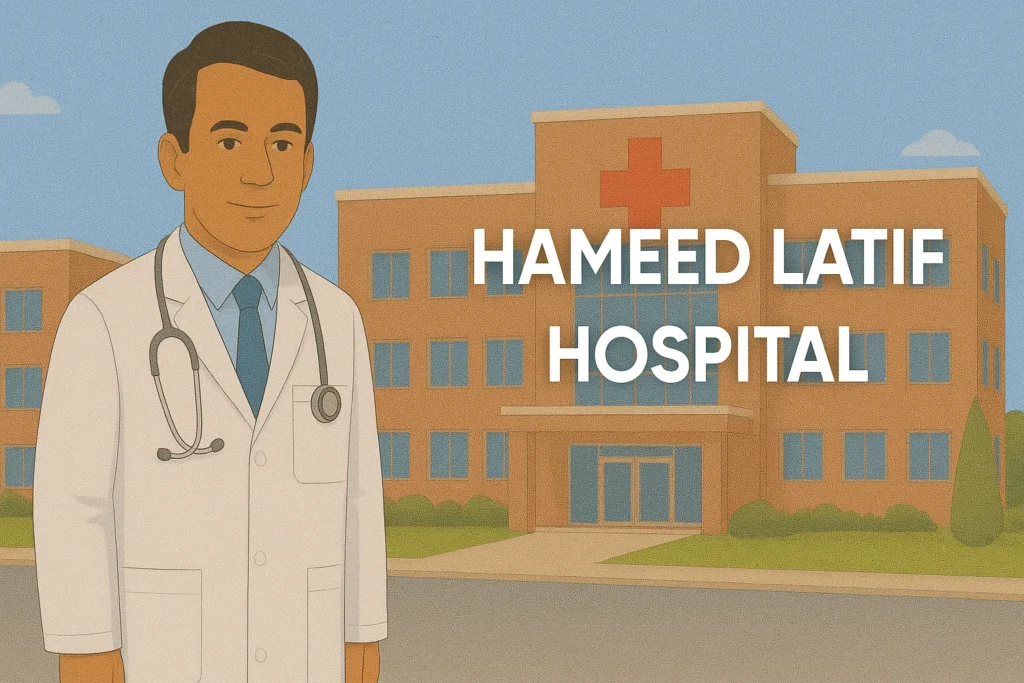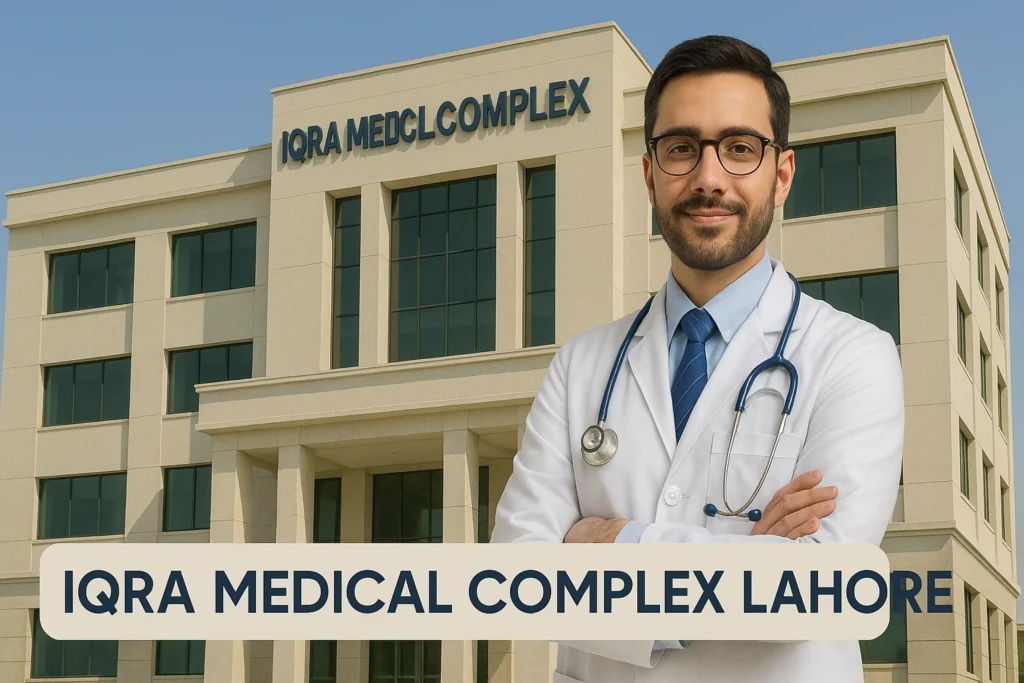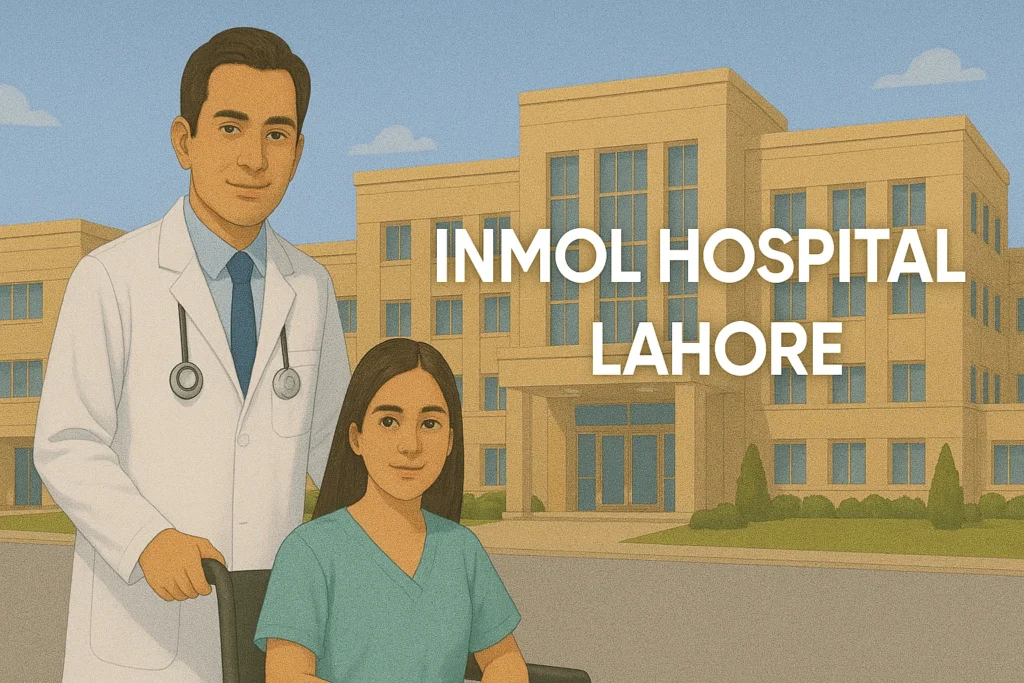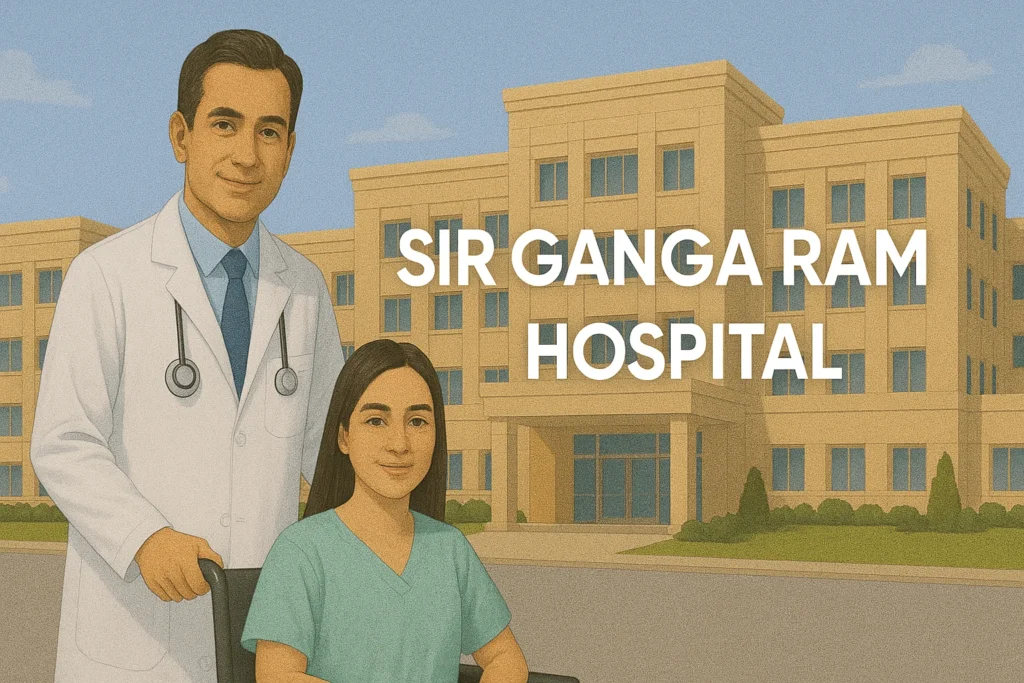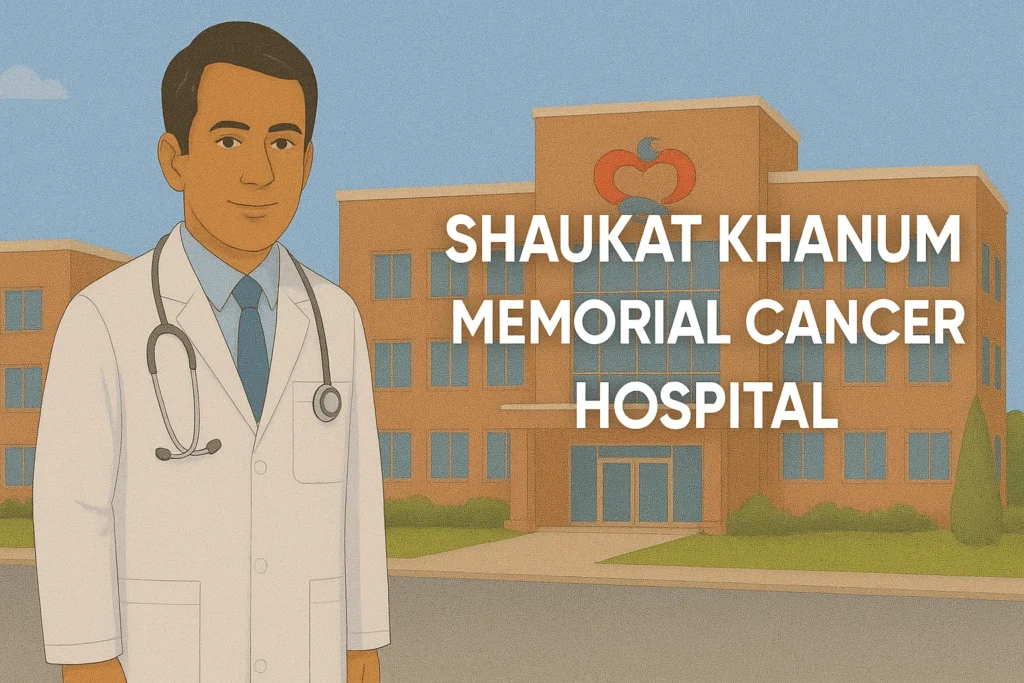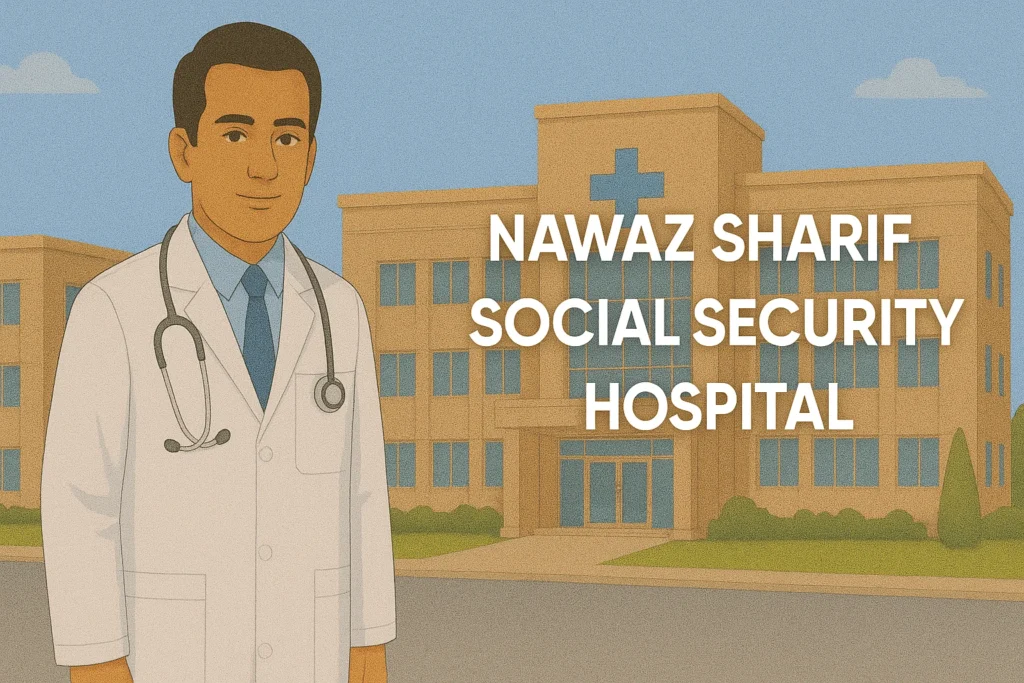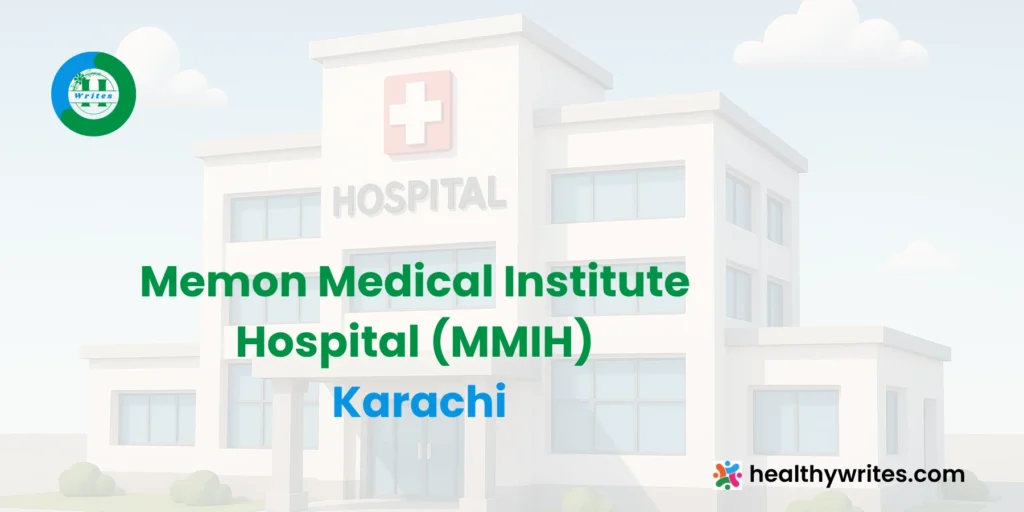THQ Hospital Taxila serves as the main public secondary-care hospital for Taxila Tehsil and adjacent Wah Cantonment in Rawalpindi District, Punjab, Pakistan. With around 40 beds, it handles over 150,000 patients annually, yet continues to struggle with limited resources and infrastructure
📍 Location & Coverage
Located on Civil Hospital Road (N‑125), Taxila, the hospital caters to Taxila city, Wah Cantonment, and nearby villages—serving an estimated local population of 150,000–200,000
🏥 Services & Facilities
- Outpatient care across medicine, surgery, gynecology, pediatrics, dentistry, and ophthalmology
- Emergency/Trauma care—but lacks a dedicated trauma center and blood bank
- Basic radiology (analogue X‑ray) and pathology services; no digital imaging or CT scan
- Anesthesia and dental units are non‑functional for over 20 years
- Indoor maternity and minor surgical procedures—but poor after‑hours coverage
- Limited pharmacy stock; patients often must buy medicines externally
🔧 Infrastructure & Equipment Gaps
- No operational blood bank—visits user dismay
- Aged anesthesia machine (20+ years) and broken dental unit
- Budget constraints: annual medicine budget ~Rs 0.8 million—used within 2–3 months
- Frequent load-shedding—surgeries/ deliveries sometimes by candlelight
👩⚕️ Staffing & Oversight Issues
- Critical specialist vacancies: surgeon, gynecologist, ENT, radiologist, pathologist :contentReference[oaicite:13]{index=13}
- Only 3-out-of-8 Medical Officer positions filled; no civil surgeon :contentReference[oaicite:14]{index=14}
- Incidents of sanitation workers handling clinical duties raised major oversight concerns :contentReference[oaicite:15]{index=15}
📈 Patient Load & Community Impact
The hospital sees approximately 600–700 outpatients daily and 154,000 patients annually, yet lacks necessary medicines and specialists—forcing many to bring their own drugs or travel to Rawalpindi/Islamabad
🚨 Recent Oversight & Promised Improvements
- 2019: Public and government leaders flagged missing anesthesia, dental, and blood bank services; Rs 5 million requested for upgrades
- 2025: Dawn reported sanitation staff performing clinical tasks—triggering calls for transparent inquiries
- Ongoing public demand for filling specialist posts and improving facilities remains vocal
⚠️ Core Challenges
- Major equipment breakdowns (anesthesia, X‑ray, dental units)
- Chronic medicine and fuel budget shortages
- Vacant essential specialist roles
- Hospital oversight and accountability issues
- High patient inflow without scaled-up infrastructure
✅ Key Recommendations
- Allocate budget for anesthesia machine, dental unit, and blood bank
- Secure ongoing funding for medicines and generator fuel
- Recruit specialists: surgeon, gynecologist, radiologist, pathologist
- Digitise radiology and install basic CT capabilities
- Establish transparent monitoring and clinical governance to prevent misconduct
❓ FAQs – THQ Hospital Taxila
Where is THQ Hospital Taxila located?
It’s on N‑125 Civil Hospital Road, Taxila, serving both Taxila city and Wah Cantonment
Does it have 24/7 emergency services?
Yes, but coverage is limited—lack of specialist presence and equipment reduces effectiveness
Is there a blood bank onsite?
No, patients currently need to source blood externally during emergencies
Can I get all prescribed medicines from the hospital?
No—due to budget cap, most patients must purchase medicine outside soon after arriving
Are specialist doctors available?
No—postings for surgeons, gynecologists, radiologists, and other specialists are vacant
Are surgical and maternity services available?
Basic services are offered, but lack of specialists and power outages limit safety and quality
Has there been any recent progress?
While upgrades were proposed in 2019, by early 2025 fundamental issues persist—highlighting the need for renewed action and oversight.
🎯 Conclusion
THQ Hospital Taxila remains a vital healthcare pillar in the region—but infrastructural decay, budget constraints, and staffing deficiencies severely hamper its potential. Addressing these core issues with dedicated funding, specialist postings, and better governance is critical to ensure healthcare access and dignity for the Taxila community.
